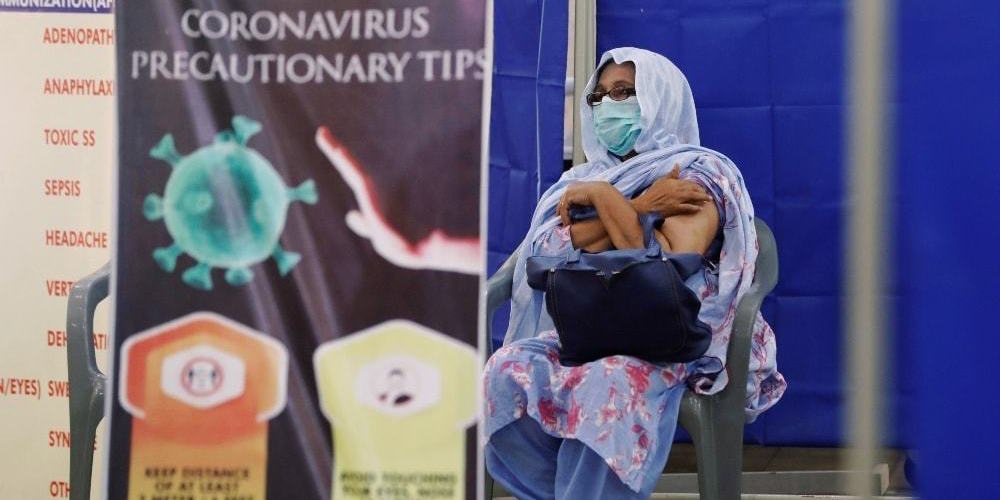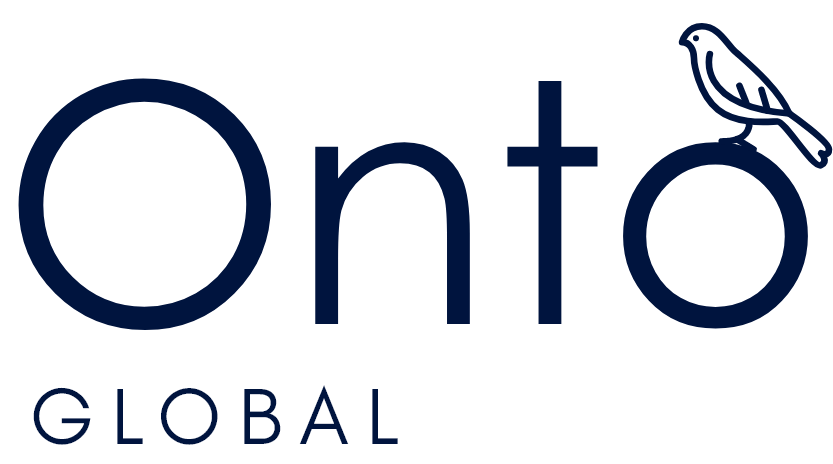IMMUNISATION against Covid is a public good. Covid Vaccine work by stimulating the body’s defense mechanisms to provide protection against infection. The World Health Organisation “recognizes the role of extensive immunisation against Covid-19. As a global public good for health in preventing, containing and stopping transmission. In order to bring the pandemic to an end…”. Nobody is safe until everybody is safe, which necessitates that the immunisation of the most vulnerable among us be prioritized.
The current scramble for vaccines in the world reflects the underlying inequities in healthcare between countries and within countries. The North-South divide in the world is as much a geographical term as it is a euphemism for the haves and have-nots in low and middle-income countries.
The UK has immunized more than 55 per cent of its adult population with the first dose against Covid-19. Whereas in more than 30 poor countries no one including frontline health workers and senior citizens is getting covid vaccines. So much for global solidarity in global health!
Frontline health workers & Immunisation
Pakistan has the fifth largest population in the world and the second-largest Muslim population. In terms of vulnerability to Covid-19, speaking in round figures, we have around all-inclusive two million health and allied professionals. And also 15 million senior citizens in the country. This comes out at 17 million (or one crore and seventy lacs). The government has rightly identified the following as high-risk groups — frontline health workers: those directly responsible for managing Covid-19 patients; other health professionals who are more exposed to Sars-CoV-2 than the general population. Because of their presence in health care facilities and their interaction with the affected; and an elderly population, aged 60 years and above, due to their weak immunity, body reserves, and high comorbidities.
The priority assigned to these high-risk groups is a good government policy. In line with the WHO recommended policy on prioritized vaccine allocation. The government must also be applauded for putting together an IT platform for registering and assigning centers. This system is working fairly well. All in all, it is a good system but clearer communication to the public would be helpful.
While according to the stats, only 0.561m people vaccinated. This indicates only 6.8pc people of the high-risk population registered and 3.3pc of the high-risk population vaccinated.
Covid-19 vaccines for Pakistan
Pakistan is also facing issues accessing vaccines. Unlike India, we have not paid attention to local vaccine production. Consequently, we are recipients of all kinds of vaccines.
There are four possible sources of Covid-19 vaccines for Pakistan. Firstly, donations from friendly countries such as China that has donated over one million doses of Sinopharm.
Secondly, there are donations from Covax, an international platform established in Geneva to procure and supply vaccines globally. Covax is a critical initiative in global health for fair and equitable access to Covid vaccines in all countries. It aims to get free vaccines to 20pc of the global population. It is co-led by the Coalition for Epidemic Preparedness Innovations, Gavi, and the WHO, alongside key delivery partner Unicef. Pakistan was one of the first countries to officially register our interest in receiving vaccines back in June 2020. Due to repeated delays, it is not yet clear when we will receive these vaccines. Once received, these vaccines will hardly help Pakistan vaccinate all people of the high-risk groups.
The third source is buying vaccines directly from manufacturers. Pakistan was one of the trial sites for this vaccine but did not insist on a right to access these vaccines. This was the first such trial in Pakistan. This anomaly should not be repeated with future trials. Our population should not act as guinea pigs, but instead, receive a guaranteed fair share from the manufacturers once the trial is complete.
Private and Public Sector
All the above sources of vaccines are for the government. Private sector is allowed to import vaccine. And make them available to the people. Allowing the private sector actors to import vaccines and sell them during a health emergency is fraught with problems.
In a context where over 17m high-risk people are to be vaccinated. Making Covid vaccines commercially available changes the whole paradigm from public-health-need to ability-to-pay. On the one hand, it will not be an optimal use of available vaccines in the country and on the other hand, it poses an ethical issue and a moral dilemma. This will further aggravate an acute sense of inequality in our society. Once again people will learn that the rich and powerful can get away with everything, be it unpaid hefty loans or access to life-saving vaccines.
Suggestions
Firstly, if some private companies have imported vaccines. Then instead of allowing them to make these vaccines available in the private sector where they will be sold on a first-come-first-serve basis. Regardless of risk consideration, the government should buy this vaccine from importers and supply it free to people according to its own policy of allocation according to risk determination. The federal cabinet had approved US$150 million for buying vaccines in early December 2020. This will create a win-win solution and the act of goodwill on the part of the government will be a bonus.
Secondly, the government should develop a policy for the corporate sector to buy vaccines from importers and provide these to their employees free in accordance with the risk criteria laid down by the government. This will provide protection to workers, securing the continuity of businesses, again a win-win solution.
Thirdly, the government may impose its national prioritization policy of vaccination on private sales as well. If government-managed IT platforms can monitor private selling, this is possible. This approach can also aid in reaching the targets set by the government for the high-risk population. This will also allow the monitoring of any side effects that may appear and remain unreported otherwise in private sales. Additionally, this will enable the government to monitor and evaluate the cold chain for the privately supplied vaccines, which is critical to ensure efficacy.
Public awareness about the vaccines
Last but not the least, the government needs to redouble its effort to raise public awareness about the vaccines and registration mechanism in order to increase the vaccination rate. Citizens have questions and misconceptions regarding vaccines.


